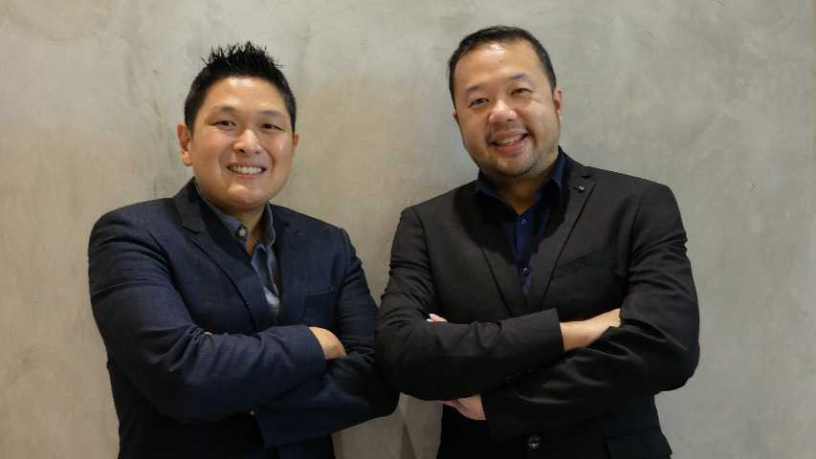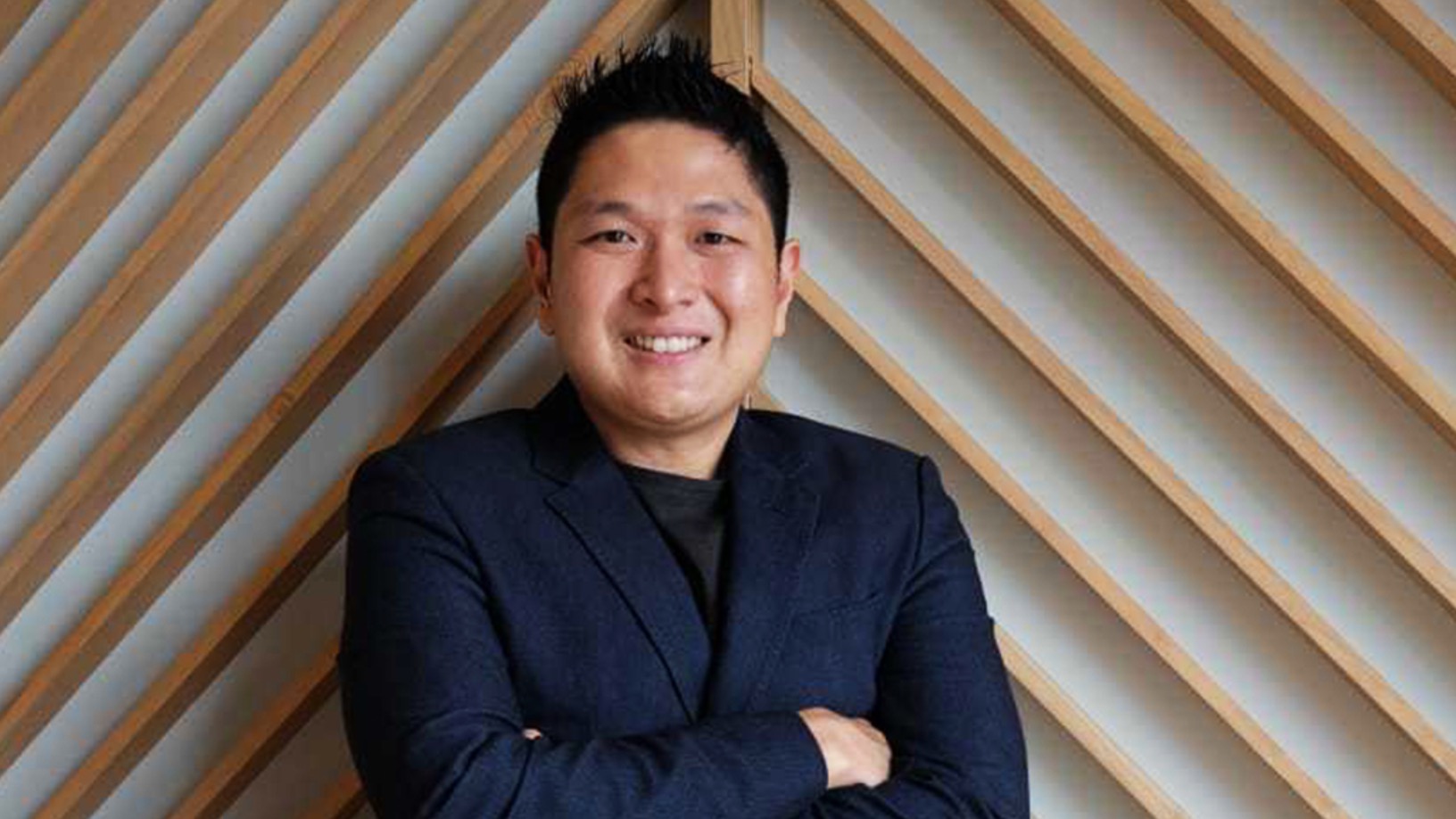Indonesia, Southeast Asia's most populous country, is an attractive market for startups in the region, even beyond. Aware that foreign players lack the knowledge, experience and connections needed to succeed in a diverse and fragmented market such as Indonesia, local VC Indogen Capital has been helping foreign startups and their investors to enter the market.
The Jakarta-based VC was established in 2017 to seize that opportunity: lend a hand to foreign VCs seeking to help their invested companies expand to Indonesia. Malaysian used car marketplace Carsome, Singapore coworking space operator Spacemob and Philippine employee loan financing firm Venteny are a few of the companies that Indogen has helped break into Indonesia, by partnering with the companies' investors from China, Japan, the US and more.
“These companies need to expand into a bigger market, so they look to Indonesia,” Chandra Firmanto, Managing Partner of Indogen, said in an interview. “However, oftentimes they don’t know how to get the right business licenses and how to navigate the Indonesian market in general.”
If a startup can prove the strength of its model by winning traction in Indonesia – not only the biggest market in Southeast Asia but also one of the most complex – they can attract investments more easily. Consequently, it will also be easier for the early investors like Indogen to make their exit.
“Exits have to be created, not waited for,” Firmanto said, speaking via Skype. “Many investors need to see ‘the Indonesia story’ before they can confidently invest.”
Delays amid Covid-19
Indogen invested in Venteny in Series B along with Hong Kong-based Asia Summit Capital. In Carsome, it co-invested in Series B round with InnoVen Capital from India and Lumia Capital from the US. Carsome's other investors include MUFG Innovation Partners, Convergence Ventures, Endeavor Catalyst and Gobi Partners.
Exits have to be created, not waited for
In Indonesia, Indogen has invested in a handful of startups including Muslim fashion marketplace HijUp and property rental management platform Travelio.
Indogen now also wants to invest in startups from the wider Asia-Pacific region, especially from Japan and South Korea, Firmanto said, noting that companies from those countries are very eager to enter the Indonesian market. For this, Indogen is the midst of raising a $50m second fund.
Plans for a first close in March got delayed because of the coronavirus crisis. “We’re hoping things can settle down by May, which would only mean a short delay to our [fundraising] work,” Firmanto said. “Currently there are no problems on the deal-sourcing side, but fundraising can be difficult when the LP’s country is on lockdown.”
Indogen is likely to delay some of its exit plans as well. Currently two exits are being eyed for this year: an IPO scheduled for the second quarter of this year, and an M&A planned for the second half.
From their $10m first fund, Indogen has made three exits so far: Clearbridge Health, a precision medicine company that listed on the Singapore stock exchange; Spacemob, which got acquired by WeWork; and Aino, an Indonesian payment gateway company that received investments from Japanese firms NTT Data and TIS.
Favors gaming, fintech
In the meantime, the Indogen team is working from home. While the pandemic has weighed on many businesses, it has also created new opportunities. One of them, Firmanto says, is the video games market.
“The valuations are still at the level where we can make a profit. Buyers in the Asian market are on standby and looking for opportunities in the ecosystem,” he said.
Industry veteran founders have networks and experience, which fresh graduates lack
Firmanto said that Indogen is also is looking into fintech opportunities, but the industry needs to improve its compliance practices. He suspects many fintech companies get things done faster not because they leverage technology, but because they are skipping the steps that traditional financial institutions are required to take. Fintech companies “need to meet the same standards as the banking industry, but make it easier and faster with technology,” he said.
Indogen rarely invests in seed-stage startups – the VC prefers companies in the pre-Series A to Series A rounds – but Firmanto said they do make exceptions for those founded by serial entrepreneurs or industry veterans who have proven themselves.
“Sometimes the corporate partners would say, ‘We like this company, but it’s too early for us to invest in them or acquire them.’ In that case, it’s the right opportunity for us to help the startups grow,” Firmanto said.
“Industry veteran founders have networks and experience – things that fresh graduates often lack,” he added.
Corporate investors like talking with such professional founders, he added, because their ultimate goal is to bring them into the corporation’s ecosystem.
“We need to encourage more seasoned entrepreneurs and industry professionals to start their own tech companies.”














